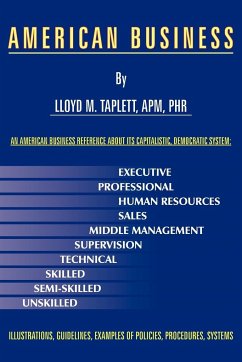This book outlines the use of two words "proactive and reactive" and how they are used in the business and political arenas. Since 2008, the capitalistic economic system of the United States of America, which has worked well for over two hundred years, is being changed to a more socialistic economic system-thanks to a large extent by our president, whose policies and actions are more of a socialistic nature and hurting the overall economic system of the United States of America. In business, being proactive can be used to save time and money, thereby more profit, generating client satisfaction-which in turn can generate repeat clients. Being reactive can cause delays, redesigns that can add cost to the estimate and time to the schedule, which clients don't like. In politics, being reactive or proactive really makes no difference. Politicians confer with their "investors," i.e., those that paid for their campaigns or bills that are put on the floor of the House or Senate as to whether or not their "investors" like or dislike them. Either way, if the "investors" like the bill, the politician will be proactive. If the investors don't like the bill, the politician will be reactive. In either case, the effect on the proposed bill and its affect on the company or private enterprise can make a difference and affect taxes.
Hinweis: Dieser Artikel kann nur an eine deutsche Lieferadresse ausgeliefert werden.
Hinweis: Dieser Artikel kann nur an eine deutsche Lieferadresse ausgeliefert werden.








